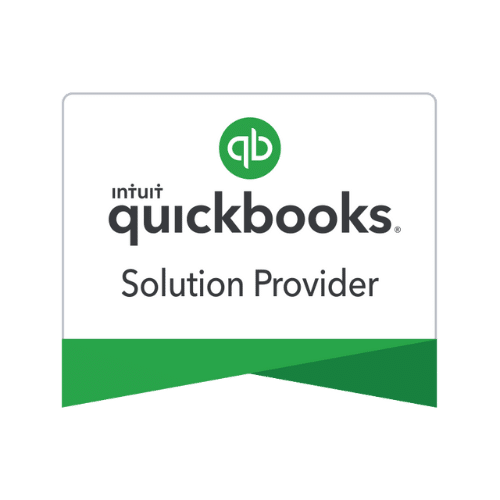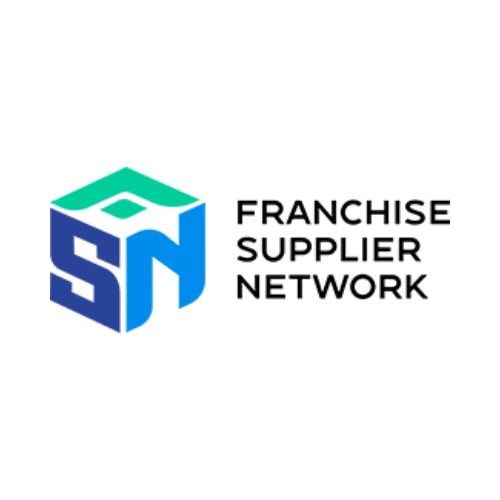Just formed a start-up or new company and want to start to understand the basics of small business accounting? We’re here to help.
Especially at the beginning of your business journey, it’s crucial you ensure all your financial records are closely tracked. That way, you’ll have better control of your business knowing how much you’re taking in and what’s going out.
Here, we’ll teach you how to get started and explain how a bookkeeping service can help take care of the numbers.
1. Open a Business Banking Account
LLCs, partnerships, and corporations are legally required to have a separate bank account for business. Sole proprietors don’t legally need a separate account, but it’s definitely recommended. Plus – having a designated bank account will keep records clear and make life easier when it comes to the end of the tax year.
2. Track Your Expenses
If there’s one golden rule for small business accounting, it’s to keep close track of your expenses. From there, you can build reports, statements, and prepare for the tax season. Using a company like Booxkeeping will also provide a higher level of visibility, with a real team working on financial statements, making sure that Debits always stay on the left and Credits on the right.
3. Set Up a Payroll System
As a new small business owner, it’s likely you’ll be acting in multiple functions. Soon, though, you might expect to hire a part-time employee or freelancer to help. At this point, you’ll need to ascertain a payroll schedule for them and ensure they are compensated for their work.
Before you do hire anyone, get an EIN (Employer Identification Number) from the IRS. You’ll use your EIN to report taxes and other information to the IRS and state agencies.
4. Establish Sales Tax Procedures
When a customer walks into a retail shop, they’ll pay the sales tax of whatever state or province they make the purchase in. However, when you sell online, you’re often selling to customers who live in different states and even different countries.
Selling to international customers can be easier than domestic sales because you often don’t need to charge sales tax when selling to out-of-country customers. In the US and Canada, international purchases are tax exempt, although it can vary from state to state. Small business accounting software can help you figure out these details.
Find out our other tips on getting through the tax season here.
5. Get Started With a Bookkeeping Partner
With these points at hand to get you started, consider outsourcing your bookkeeping function so the experts can help you take care of numbers. Hiring dedicated professionals is less risky, more cost-effective, and more convenient than trying to work it out yourself. A dedicated outsourcing firm will also enable your business to take advantage of best practices in the industry. Good bookkeeping is not going to grow your business on its own, but letting the professionals handle the function with care allows you to focus on what you do best.
Ready to start learning other small business accounting tips? Get your bookkeeping quote today!






